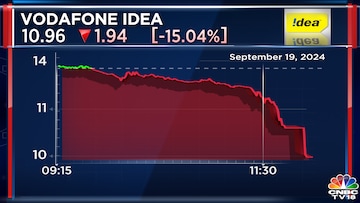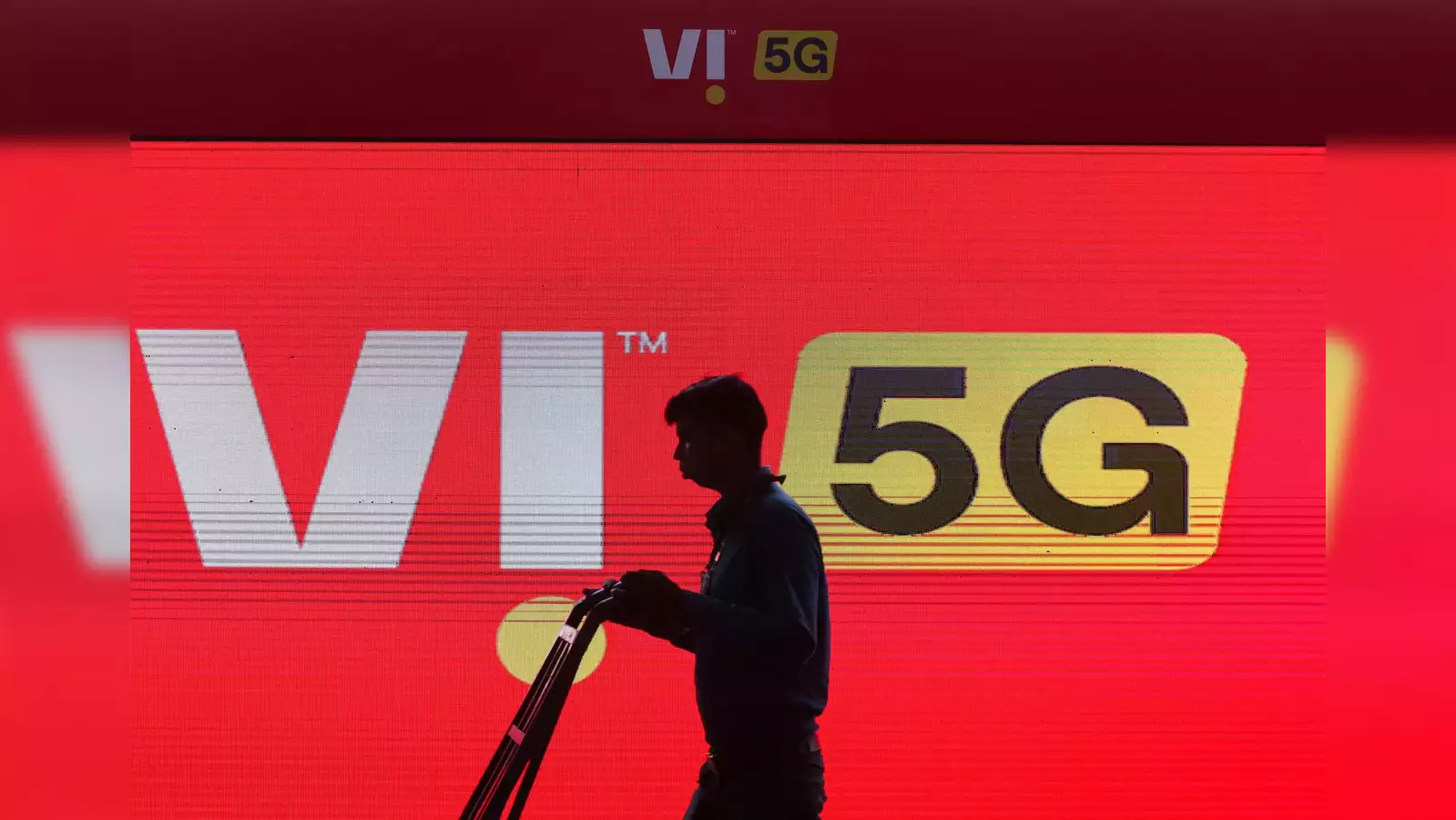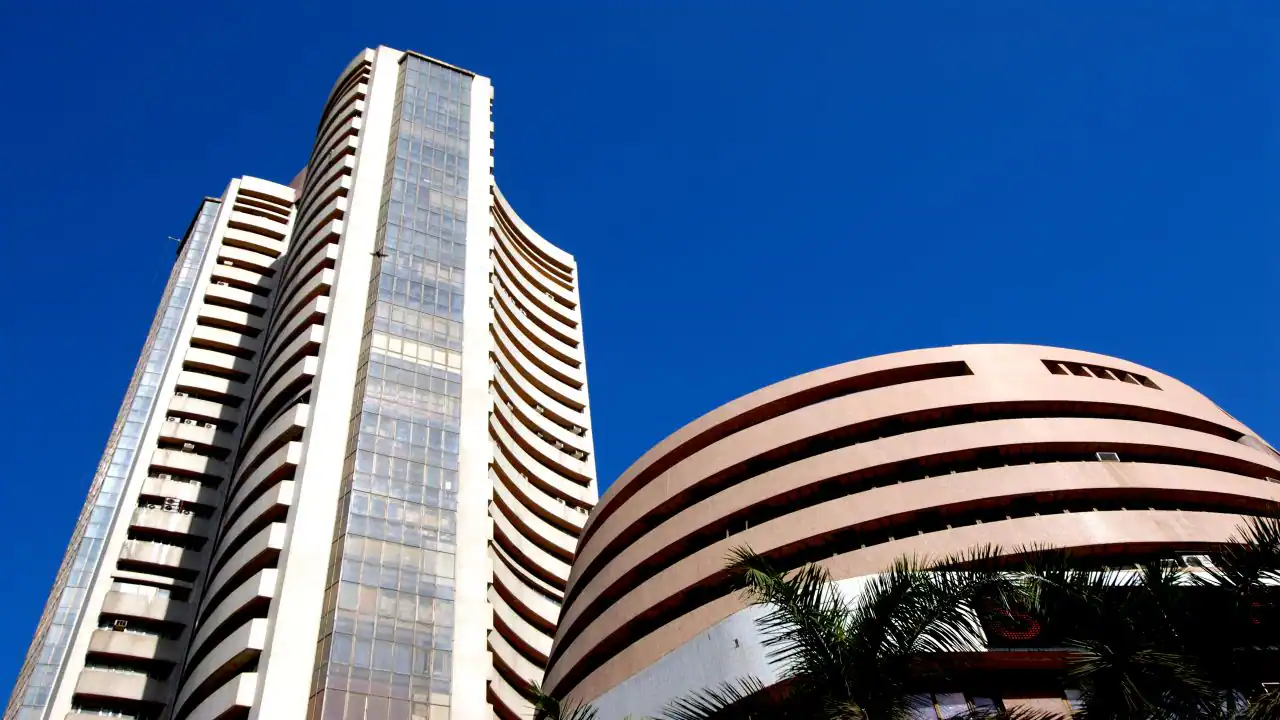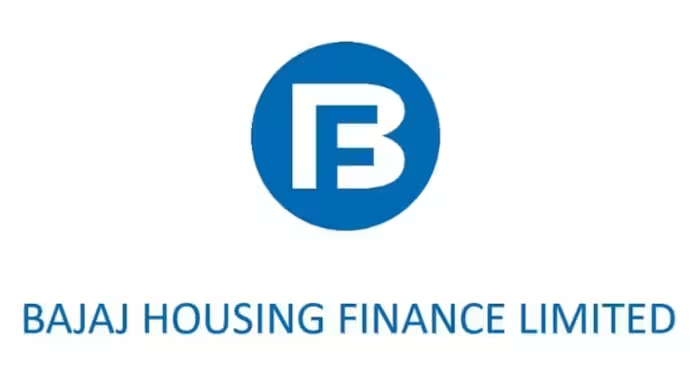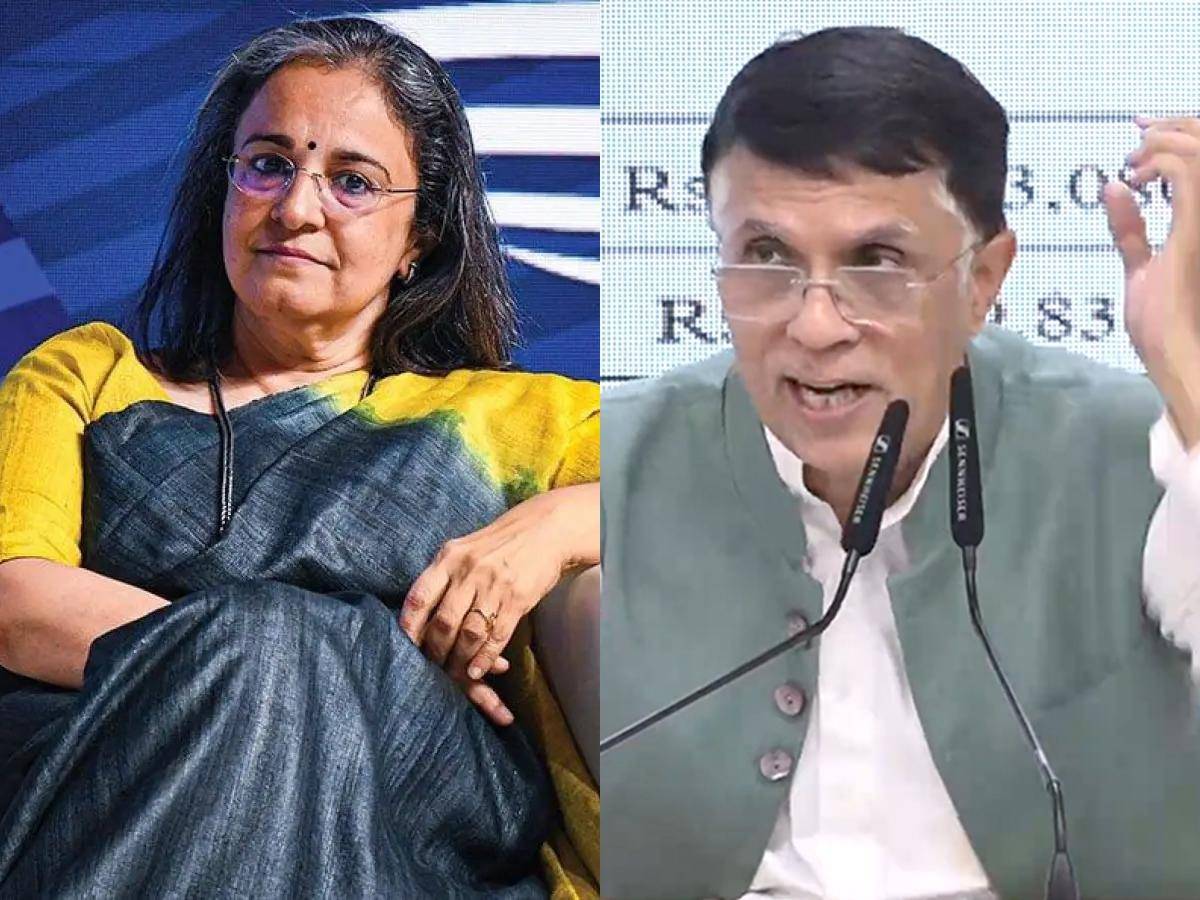What Happened: The rally was held in conjunction with the Defence Acquisition Council’s (DAC) approval of significant purchases for the Indian Armed Forces valued at ₹1.44 lakh crore. These purchases include new fast patrol vessels and next-generation offshore patrol vessels for the Indian Coast Guard, future ready combat vehicles (FRCVs), air defence fire control radars for the Army and Dornier 228 aircraft, and more.
Ten capital acquisition proposals received an acceptance of need (AoN) during the Tuesday meeting of the Defence Acquisition Council (DAC), which was presided over by Defence Minister Rajnath Singh. Reiterating the government’s emphasis on self-reliance in defence, 99% of these acquisitions will come from Indigenous producers under the “Buy (Indian)” and “Buy (Indian-Indigenously Designed Developed and Manufactured)” groups.
The protracted defence procurement process, in which the AoN is the first step, has begun with the DAC’s approvals. Although the granting of an AoN is essential, it does not ensure a final order because other examination and negotiation steps are needed.
Price Action: Here is how defence stocks trade on Wednesday morning:
Shares of MTAR Technologies Ltd rose slightly by 0.03% to ₹1,807.85.
Shares of Zen Technologies Limited were up 0.18% to ₹1,680.55.
Shares of Hindustan Aeronautics Ltd increased by 0.28% to ₹4,845.70.
Shares of Bharat Electronics Ltd gained 0.52% to ₹298.70.
Shares of Data Patterns (India) Ltd were up 0.86% to ₹2,760.70.
Shares of Bharat Dynamics Ltd increased by 0.96% to ₹1,332.90.
Shares of BEML Ltd rose by 1.10% to ₹3,892.95.
Shares of Cochin Shipyard Ltd were up 1.21% to ₹1,904.05.
Shares of Paras Defence and Space Technologies Ltd increased by 1.52% to ₹1,263.00.
Shares of Mazagon Dock Shipbuilders rose by 1.74% to ₹4,531.80.
Shares of Garden Reach Shipbuilders & Engineers Ltd led the gains, up 2.01% to ₹1,951.55.
Brokerages’ Views: ICICI says that the developments imply that the government is concentrating on enhancing the capabilities of the Air Force, the Army and the Coast Guard. It expects companies that make aero-engine parts, to benefit from increased domestic sourcing requirements, as long as they get the needed approvals.
Additionally, the domestic ecosystem might receive a boost, as the majority of acceptance of necessity (AoNs) fall under the “Buy Indian” and “Buy Indian-Indigenously Designed Developed and Manufactured” categories, which reinforce the government’s focus on self-reliance in defence.
Bharat Electronics (BEL) stands to gain from its participation in nearly every platform, the brokerage said, selecting the firm as its top pick among defence PSUs. It had an “add” rating for the stock with a target price of ₹350.
Among the non-government entities, its top picks were Solar Industries and Azad Engineering. It had a “buy” call on both firms with target prices of ₹13,250 and ₹2,450 respectively.
Antique Stock Broking also expressed optimism for the industry, which it said is set for strong growth opportunities in the near to long term.
“The total share of domestic procurement has seen a phenomenal improvement from 54% in FY19 to 75% in FY24 and is expected to improve further,” Antique said.
It said that the recent procurement and orders are a great opportunity for defence firms and maintained a “buy” recommendation for most stocks within its coverage, including HAL with a target price of ₹6,145, BEL with a target price of ₹381, Bharat Dynamics with a target price of ₹1,579, Mazagon Dock Shipbuilders with a target price of ₹5,486 and Garden Reach Shipbuilders (GRSE) with a target price of ₹2,092.
